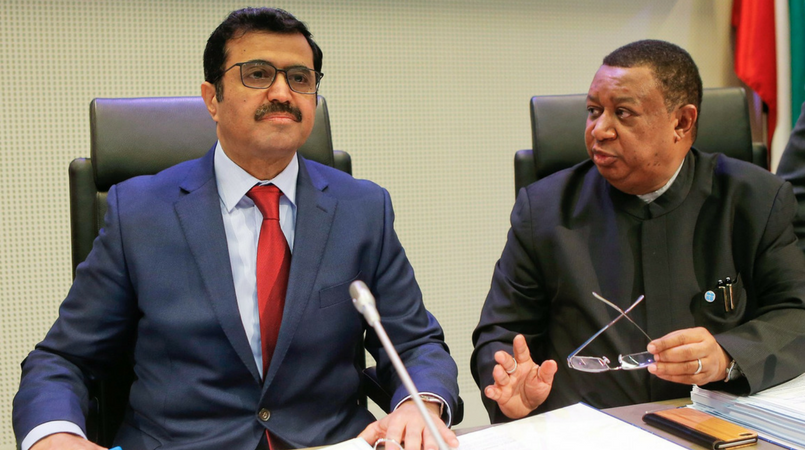
An agreement between major oil producing nations to address the falling prices of oil could have a positive impact on PNG’s economy by boosting revenue in the oil sector.
Oil prices immediately went up by 10 percent to around $50 per barrel following an agreement between member economies of the Organization of the Petroleum Exporting Countries (OPEC).
The agreement, signed in Vienna on November 2nd, will see output cut by around 1.2 million barrels of oil per day from January.
OPEC heavyweights, Saudi Arabia, Iran and Iraq, which are the group’s three largest producers, signed the agreement, effectively stopping market forces setting the price, which was agreed two years prior.
The cut is the first since 2008, with speculators saying it may mark the beginning of the end of a two-year glut in the world’s oil markets, during which prices have fallen by half and producers such as Venezuela have come close to collapse.
The PNG LNG Project was earmarked as the game changer for PNG’s development however, since the first shipment of oil and gas, it was met with a drop in commodity prices.
This has been the scenario over the last two years and has profoundly impacted the PNG economy.
According to its website, OPEC coordinates and unifies the petroleum policies of its member countries.
It ensures the stabilisation of oil markets in order to secure an efficient, economic and regular supply of petroleum to consumers, a steady income to producers and a fair return on capital for those investing in the petroleum industry.
The 13 member states include Iran, Iraq, Kuwait, Saudi Arabia and Venezuela (Founding Members), while full members are Qatar, Indonesia, Libya, the United Arab Emirates, Algeria, Nigeria, Ecuador, Gabon and Angola.
Qatar’s energy minister Mohammed bin Saleh al-Sada and Opec secretary general Mohammad Barkindo address a news conference after the Opec meeting in Vienna. Photograph: Heinz-Peter Bader/Reuters
